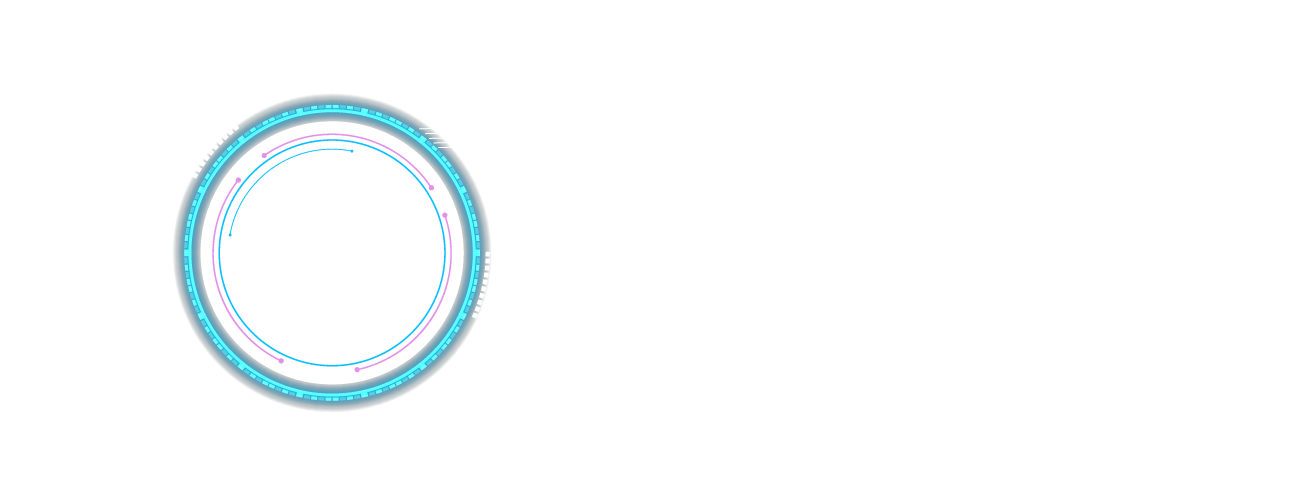
In South Africa, notarial acts play a crucial role in ensuring the legality and authenticity of various documents and transactions. These acts are performed by a notary public, a specially qualified attorney authorized to carry out specific duties. Below are some of the most common notarial acts in South Africa:
1. Notarial Deeds of Servitude: These deeds involve the creation of a servitude, which grants certain rights over a property to someone other than the owner. For instance, a right of way or an easement allowing access across a neighbour’s land would be formalized through a notarial deed.
2. Antenuptial Contracts: Before getting married, couples in South Africa often enter into an antenuptial contract, also known as a prenuptial agreement. This contract, which must be notarized, outlines the financial arrangement between the spouses and specifies whether the marriage will be in or out of community of property.
3. Authentication of Documents: A notary public in South Africa is also responsible for authenticating documents that will be used abroad. This process verifies that the document is genuine and that the signatures are valid, often required for international business or legal matters.
4. Notarial Bonds: A notarial bond is a form of security registered over movable property, such as machinery or vehicles, to secure a debt. The creditor holds a right over the movable assets until the debt is repaid, with the bond being recorded by a notary public to ensure its validity.
5. Wills and Codicils: Notaries are often involved in the drafting and notarization of wills and codicils (amendments to wills) to ensure that they comply with the legal requirements and reflect the true intentions of the testator. This notarization provides an additional layer of security against potential disputes.
These notarial acts are essential in safeguarding the legal rights and interests of individuals and entities, ensuring that agreements and documents are recognized and enforceable both locally and internationally.
Share This Post
MORE INSIGHTS

Unlock corporate success
Shareholder Agreements and Key Points to Consider In South Africa, shareholder agreements are crucial for corporate governance and are essential legally binding document/contract that regulate the relationships between shareholders ensuring the company is run efficiently and effectively in a transparent and accountable manner. Governed by the Companies Act of 2008,

South Africa’s corporate law revolution: Essential insights for businesses on the 2008 companies act!
Corporate law in South Africa oversees the formation, operation, and dissolution of companies. It aims to provide a legal framework that supports business activities while ensuring accountability and protecting the interest of shareholders. The primary legislation governing corporate law in South Africa is the Companies Act 71 of 2008, including

Cryptocurrency in South Africa and basic phrases
Cryptocurrency has steadily gained significant footing in South Africa reflecting global trends and with an increasing number of people exploring this digital asset class. The cryptocurrency market in South Africa is notable for its substantial trading volumes and extreme volatility. Growing public interest and trust in digital currencies is indicated
